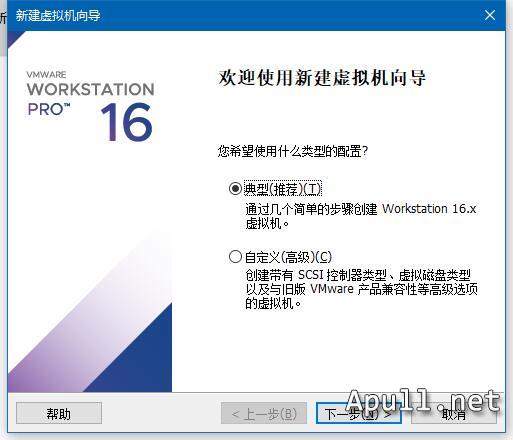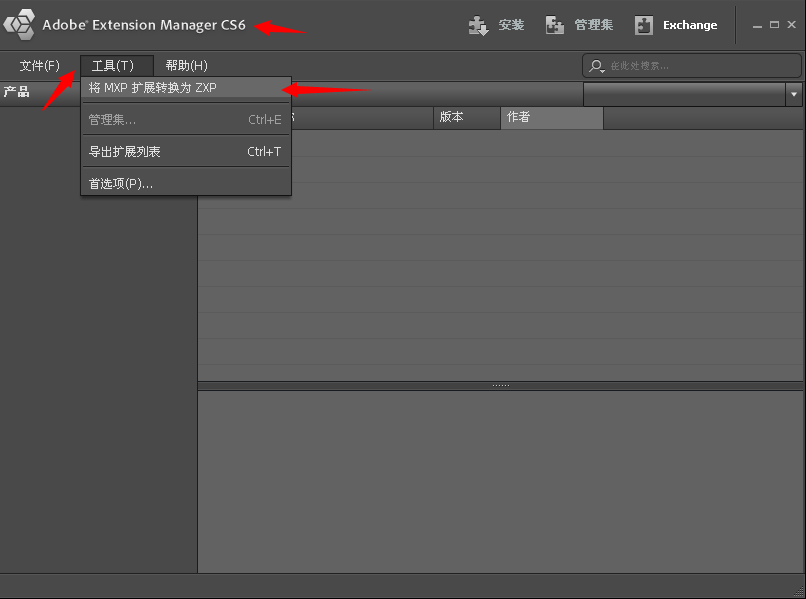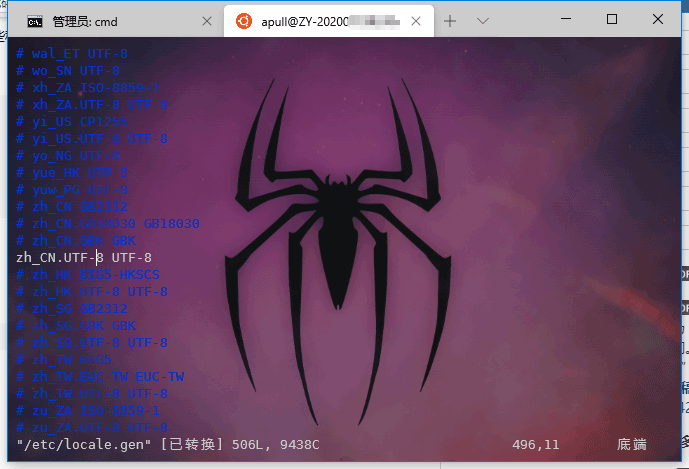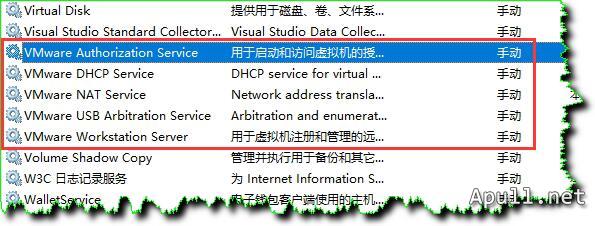C++ string类常用函数
string类的构造函数:
string(const char *s); //用c字符串s初始化 string(int n,char c); //用n个字符c初始化
此外,string类还支持默认构造函数和复制构造函数,如string s1;string s2="hello";都是正确的写法。当构造的string太长而无法表达时会抛出length_error异常
string类的字符操作:
const char &operator[](int n)const; const char &at(int n)const; char &operator[](int n); char &at(int n); operator[]和at()均返回当前字符串中第n个字符的位置,但at函数提供范围检查,当越界时会抛出out_of_range异常,下标运算符[]不提供检查访问。 const char *data()const;//返回一个非null终止的c字符数组 const char *c_str()const;//返回一个以null终止的c字符串 int copy(char *s, int n, int pos = 0) const;//把当前串中以pos开始的n个字符拷贝到以s为起始位置的字符数组中,返回实际拷贝的数目
string的特性描述:
int capacity()const; //返回当前容量(即string中不必增加内存即可存放的元素个数) int max_size()const; //返回string对象中可存放的最大字符串的长度 int size()const; //返回当前字符串的大小 int length()const; //返回当前字符串的长度 bool empty()const; //当前字符串是否为空 void resize(int len,char c);//把字符串当前大小置为len,并用字符c填充不足的部分
string类的输入输出操作:
string类重载运算符operator>>用于输入,同样重载运算符operator<<用于输出操作。 函数getline(istream &in,string &s);用于从输入流in中读取字符串到s中,以换行符'\n'分开。
string的赋值:
string &operator=(const string &s);//把字符串s赋给当前字符串 string &assign(const char *s);//用c类型字符串s赋值 string &assign(const char *s,int n);//用c字符串s开始的n个字符赋值 string &assign(const string &s);//把字符串s赋给当前字符串 string &assign(int n,char c);//用n个字符c赋值给当前字符串 string &assign(const string &s,int start,int n);//把字符串s中从start开始的n个字符赋给当前字符串 string &assign(const_iterator first,const_itertor last);//把first和last迭代器之间的部分赋给字符串
string的连接:
string &operator+=(const string &s);//把字符串s连接到当前字符串的结尾 string &append(const char *s); //把c类型字符串s连接到当前字符串结尾 string &append(const char *s,int n);//把c类型字符串s的前n个字符连接到当前字符串结尾 string &append(const string &s); //同operator+=() string &append(const string &s,int pos,int n);//把字符串s中从pos开始的n个字符连接到当前字符串的结尾 string &append(int n,char c); //在当前字符串结尾添加n个字符c string &append(const_iterator first,const_iterator last);//把迭代器first和last之间的部分连接到当前字符串的结尾
string的比较:
bool operator==(const string &s1,const string &s2)const;//比较两个字符串是否相等
运算符">","<",">=","<=","!="均被重载用于字符串的比较;
int compare(const string &s) const;//比较当前字符串和s的大小 int compare(int pos, int n,const string &s)const;//比较当前字符串从pos开始的n个字符组成的字符串与s的大小 int compare(int pos, int n,const string &s,int pos2,int n2)const;//比较当前字符串从pos开始的n个字符组成的字符串与s中pos2开始的n2个字符组成的字符串的大小 int compare(const char *s) const; int compare(int pos, int n,const char *s) const; int compare(int pos, int n,const char *s, int pos2) const;
compare函数在>时返回1,<时返回-1,==时返回0
string的子串:
string substr(int pos = 0,int n = npos) const;//返回pos开始的n个字符组成的字符串
string的交换:
void swap(string &s2); //交换当前字符串与s2的值
string类的查找函数:
int find(char c, int pos = 0) const;//从pos开始查找字符c在当前字符串的位置 int find(const char *s, int pos = 0) const;//从pos开始查找字符串s在当前串中的位置 int find(const char *s, int pos, int n) const;//从pos开始查找字符串s中前n个字符在当前串中的位置 int find(const string &s, int pos = 0) const;//从pos开始查找字符串s在当前串中的位置 //查找成功时返回所在位置,失败返回string::npos的值 int rfind(char c, int pos = npos) const;//从pos开始从后向前查找字符c在当前串中的位置 int rfind(const char *s, int pos = npos) const; int rfind(const char *s, int pos, int n = npos) const; int rfind(const string &s,int pos = npos) const; //从pos开始从后向前查找字符串s中前n个字符组成的字符串在当前串中的位置,成功返回所在位置,失败时返回string::npos的值 int find_first_of(char c, int pos = 0) const;//从pos开始查找字符c第一次出现的位置 int find_first_of(const char *s, int pos = 0) const; int find_first_of(const char *s, int pos, int n) const; int find_first_of(const string &s,int pos = 0) const; //从pos开始查找当前串中第一个在s的前n个字符组成的数组里的字符的位置。查找失败返回string::npos int find_first_not_of(char c, int pos = 0) const; int find_first_not_of(const char *s, int pos = 0) const; int find_first_not_of(const char *s, int pos,int n) const; int find_first_not_of(const string &s,int pos = 0) const; //从当前串中查找第一个不在串s中的字符出现的位置,失败返回string::npos int find_last_of(char c, int pos = npos) const; int find_last_of(const char *s, int pos = npos) const; int find_last_of(const char *s, int pos, int n = npos) const; int find_last_of(const string &s,int pos = npos) const; int find_last_not_of(char c, int pos = npos) const; int find_last_not_of(const char *s, int pos = npos) const; int find_last_not_of(const char *s, int pos, int n) const; int find_last_not_of(const string &s,int pos = npos) const; //find_last_of和find_last_not_of与find_first_of和find_first_not_of相似,只不过是从后向前查找
string类的替换函数:
string &replace(int p0, int n0,const char *s);//删除从p0开始的n0个字符,然后在p0处插入串s string &replace(int p0, int n0,const char *s, int n);//删除p0开始的n0个字符,然后在p0处插入字符串s的前n个字符 string &replace(int p0, int n0,const string &s);//删除从p0开始的n0个字符,然后在p0处插入串s string &replace(int p0, int n0,const string &s, int pos, int n);//删除p0开始的n0个字符,然后在p0处插入串s中从pos开始的n个字符 string &replace(int p0, int n0,int n, char c);//删除p0开始的n0个字符,然后在p0处插入n个字符c string &replace(iterator first0, iterator last0,const char *s);//把[first0,last0)之间的部分替换为字符串s string &replace(iterator first0, iterator last0,const char *s, int n);//把[first0,last0)之间的部分替换为s的前n个字符 string &replace(iterator first0, iterator last0,const string &s);//把[first0,last0)之间的部分替换为串s string &replace(iterator first0, iterator last0,int n, char c);//把[first0,last0)之间的部分替换为n个字符c string &replace(iterator first0, iterator last0,const_iterator first, const_iterator last);//把[first0,last0)之间的部分替换成[first,last)之间的字符串
string类的插入函数:
string &insert(int p0, const char *s); string &insert(int p0, const char *s, int n); string &insert(int p0,const string &s); string &insert(int p0,const string &s, int pos, int n); //前4个函数在p0位置插入字符串s中pos开始的前n个字符 string &insert(int p0, int n, char c);//此函数在p0处插入n个字符c iterator insert(iterator it, char c);//在it处插入字符c,返回插入后迭代器的位置 void insert(iterator it, const_iterator first, const_iterator last);//在it处插入[first,last)之间的字符 void insert(iterator it, int n, char c);//在it处插入n个字符c
string类的删除函数 :
iterator erase(iterator first, iterator last);//删除[first,last)之间的所有字符,返回删除后迭代器的位置 iterator erase(iterator it);//删除it指向的字符,返回删除后迭代器的位置 string &erase(int pos = 0, int n = npos);//删除pos开始的n个字符,返回修改后的字符串
string类的迭代器处理:
string类提供了向前和向后遍历的迭代器iterator,迭代器提供了访问各个字符的语法,类似于指针操作,迭代器不检查范围。
用string::iterator或string::const_iterator声明迭代器变量,const_iterator不允许改变迭代的内容。常用迭代器函数有:
const_iterator begin()const; iterator begin(); //返回string的起始位置 const_iterator end()const; iterator end(); //返回string的最后一个字符后面的位置 const_iterator rbegin()const; iterator rbegin(); //返回string的最后一个字符的位置 const_iterator rend()const; iterator rend(); //返回string第一个字符位置的前面
rbegin和rend用于从后向前的迭代访问,通过设置迭代器string::reverse_iterator,string::const_reverse_iterator实现
字符串流处理:
通过定义ostringstream和istringstream变量实现,<sstream>头文件中
例如:
string input("hello,this is a test");
istringstream is(input);
string s1,s2,s3,s4;
is>>s1>>s2>>s3>>s4;//s1="hello,this",s2="is",s3="a",s4="test"
ostringstream os;
os<<s1<<s2<<s3<<s4;
cout<<os.str();









